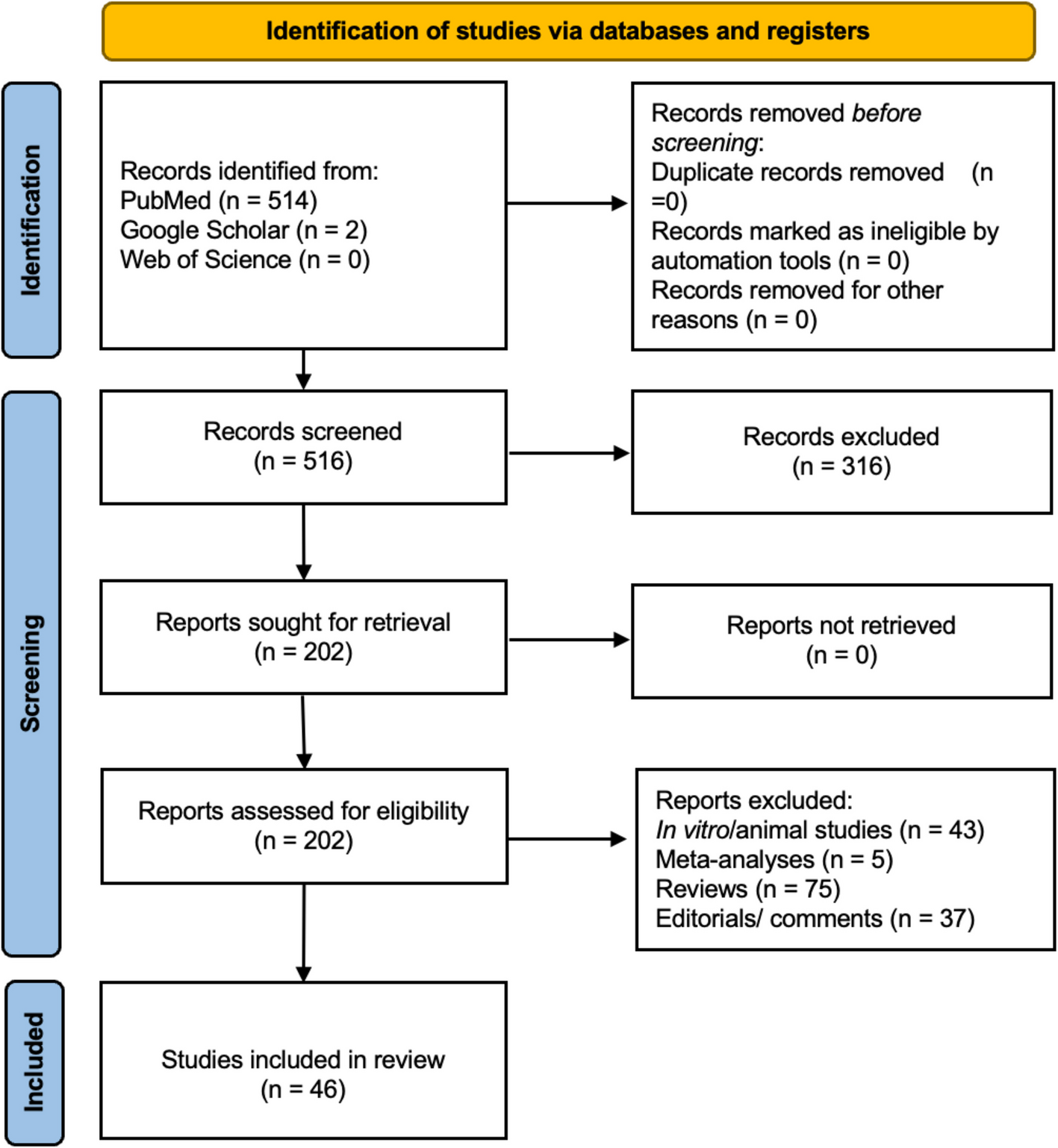
DEMONIC DEFIANCE
Defiant moms chug Tylenol in viral vids, mocking Trump, blind to autism risk study findings.
On Monday, September 22, 2025, President Trump announced on the evening news a reported link between autism and Tylenol use during pregnancy, urging pregnant women to stop using the drug immediately. Having previously pledged to investigate the rising autism rates in the United States, Trump and RFK Jr. presented this finding as both a political victory for fulfilling their promise and a critical public health announcement.
Yet, in an act of demonic defiance, some pregnant women have staged a sickening viral video campaign that exposes how far from God we’ve fallen. These women brazenly film themselves swallowing Tylenol, flaunting their pregnant bellies, and often mocking Trump with claims they trust “science” over him. Their refusal to separate their hatred for Trump from scientific evidence is nothing short of terrifying.
A systematic review in Environmental Health analyzed 46 studies on prenatal Tylenol exposure and autism. Of eight studies on autism spectrum disorder, five found significant links to maternal Tylenol use, with higher doses tied to greater risk. While causation isn’t proven, the consistent evidence prompted a call to limit Tylenol use in pregnancy under medical guidance—the very science these defiant women ignore while claiming to champion it.


